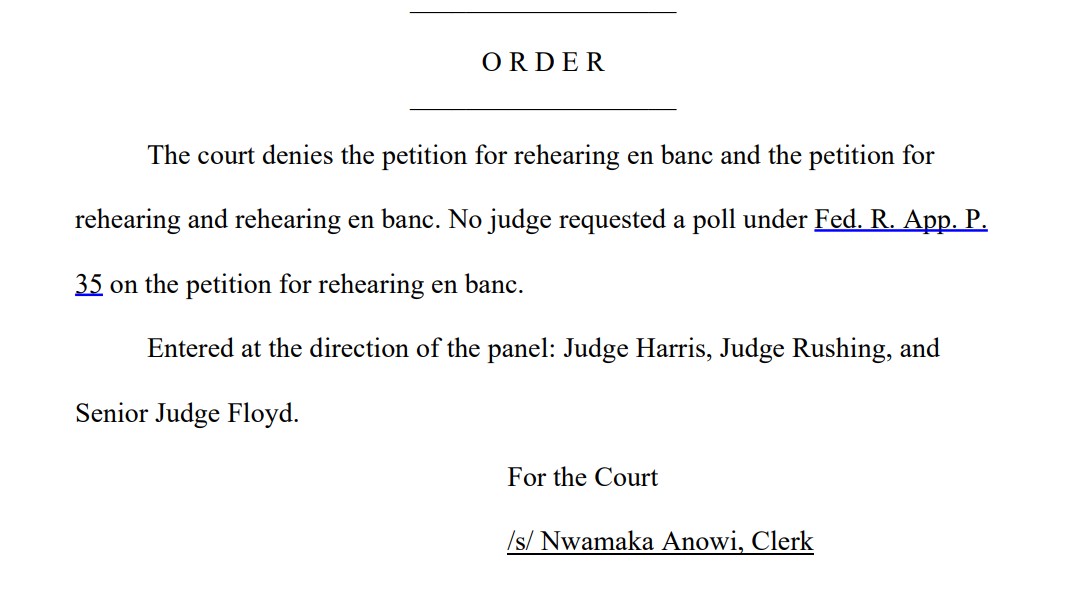Late 2019, Internet provider Cox Communications lost its legal battle against a group of major record labels, including Sony and Universal.
Following a two-week trial, a Virginia jury held Cox liable for its pirating subscribers. The ISP failed to disconnect repeat infringers and was ordered to pay $1 billion in damages.
That wasn’t the end of it. Following the initial verdict Cox launched several challenges, including an appeal that delivered a mixed result earlier this year. The Court of Appeals for the Fourth Circuit kept the contributory copyright infringement ruling intact but reversed a finding of vicarious copyright infringement.
The latter was good news for the ISP, especially since the appeals court concluded that the scale of the damages award should be redetermined in the district court.
Both Parties Request a Rehearing
Neither Cox nor the labels were satisfied by this outcome so both requested a rehearing. The music companies want the $1 billion damages award to remain and noted that Cox already waived its right to appeal. Cox, in turn, would like the contributory copyright infringement ruling to be reversed.
The ISP argued that the landmark liability ruling results in more terminations of Internet connections, based on piracy accusations from third parties. This shapes a “draconian regime” that threatens the Internet connectivity of millions of people.
Cox’s request received support from several amici, including the American Library Association, the Electronic Frontier Foundation, and Public Knowledge. The latter detailed the stakes in a blog post recently, stressing that courts shouldn’t turn ISPs into the Internet police.
“The root of the problem is that the court failed to recognize that ISPs are infrastructure providers, not content police. Like other common carriers such as phone companies, broadband providers should not be liable for how their subscribers use their services,” Public Knowledge wrote.
“In today’s world, where broadband is essential infrastructure more akin to electricity or water than a luxury, an ISP’s role is to provide reliable internet access – not to work on behalf of the music industry. We urge the Fourth Circuit to rehear this case en banc and correct its erroneous decision on contributory liability.”
Request Denied
Despite fierce opposition from both sides, the court of appeals won’t reconsider its earlier decision. A few hours ago, it ruled on the rehearing requests, denying both without providing further detail.
“The court denies the petition for rehearing en banc and the petition for rehearing and rehearing en banc. No judge requested a poll […] on the petition for rehearing en banc,” the order reads.

This means that Cox will remain contributorily liable for the pirating activities of its users. Given what’s at stake, it wouldn’t be a surprise if this matter eventually ends up at the Supreme Court.
The $1 billion damages award remains vacated and a new trial will have to determine the scale of the damages, taking into account that Cox is no longer liable for vicarious copyright infringement.
From: TF, for the latest news on copyright battles, piracy and more.
Source : ISP’s Landmark Piracy Liability Case Doesn’t Get a Do-Over in Appeals Court








